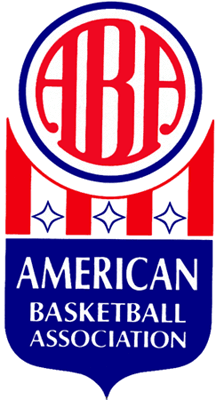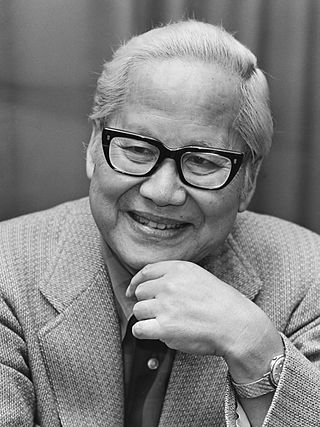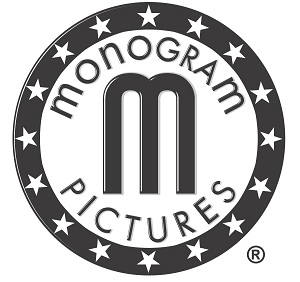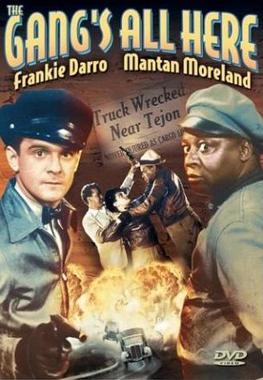
The American Basketball Association (ABA) was a men's professional basketball league from 1967 to 1976. The ABA merged into the National Basketball Association (NBA) in 1976, resulting in four ABA teams joining the NBA and the introduction of the NBA 3-point shot in 1979.

Josephine Owaissa Cottle, known professionally as Gale Storm, was an American actress and singer. After a film career from 1940 to 1952, she starred in two popular television programs of the 1950s, My Little Margie and The Gale Storm Show. Six of her songs were top ten hits. Storm's greatest recording success was a cover version of "I Hear You Knockin'," which hit No. 2 on the Billboard Hot 100 chart in 1955.

Keye Luke was a Chinese-American film and television actor, technical advisor, artist, and a founding member of the Screen Actors Guild.

Jackie Moran was an American movie actor who, between 1936 and 1946, appeared in over thirty films, primarily in teenage roles.

Monogram Pictures Corporation was an American film studio that produced mostly low-budget films between 1931 and 1953, when the firm completed a transition to the name Allied Artists Pictures Corporation. Monogram was among the smaller studios in the golden age of Hollywood, generally referred to collectively as Poverty Row. Lacking the financial resources to deliver the lavish sets, production values, and star power of the larger studios, Monogram sought to attract its audiences with the promise of action and adventure.

Frankie Darro was an American actor and later in his career a stuntman. He began his career as a child actor in silent films, progressed to lead roles and co-starring roles in adventure, western, dramatic, and comedy films, and later became a character actor and voice-over artist. He is perhaps best known for his role as Lampwick, the unlucky boy who turns into a donkey in Walt Disney's second animated feature, Pinocchio (1940). In early credits, his last name was spelled Darrow.
AFI's 100 Years...100 Stars is the American Film Institute's list ranking the top 25 male and 25 female greatest screen legends of American film history and is the second list of the AFI 100 Years... series.
The following is a list of players, past and present, who have appeared in at least one competitive game for the Boston Red Sox American League franchise, known previously as the Boston Americans (1901–07).

Mae Clarke was an American actress. She is widely remembered for playing Henry Frankenstein's bride Elizabeth, who is chased by Boris Karloff in Frankenstein, and for being on the receiving end of James Cagney's halved grapefruit in The Public Enemy. Both films were released in 1931.

Mantan Moreland was an American actor and comedian most popular in the 1930s and 1940s. He starred in numerous films. His daughter Marcella Moreland appeared as a child actress in several films.

Marcia Mae Jones was an American film and television actress whose prolific career spanned 57 years.

The Gang's All Here is a 1941 American crime drama film directed by Jean Yarbrough and starring Frankie Darro, Mantan Moreland, Marcia Mae Jones and Jackie Moran in a story about a trucking company targeted by saboteurs. Made by Monogram Pictures it was produced by Lindsley Parsons and is one of several that paired Darro and Moreland. The film is known under the alternative title In the Night in the United Kingdom.

Francis Thomas Sullivan, known professionally as Frank Sully, was an American film actor. He appeared in over 240 films between 1934 and 1968. Today's audiences know him best as the dumb detective in the Boston Blackie features, and as the foil in many Three Stooges comedies.
The Gang's All Here may refer to:

Up in the Air is a 1940 American comedy mystery film directed by Howard Bretherton and starring Frankie Darro, Marjorie Reynolds and Mantan Moreland. It was produced and released by Monogram Pictures. It was remade in 1945 as There Goes Kelly.

Marguerite Whitten was an American film actress appearing in 14 films between 1938 and 1943, often with actor Mantan Moreland. She was also billed as Margaret Whitten.
The Bob Burns Show was an American old-time radio comedy program that starred comedian Bob Burns. The program derived from a character Burns performed for five years on Bing Crosby's Kraft Music Hall entitled "The Arkansas Traveler".












